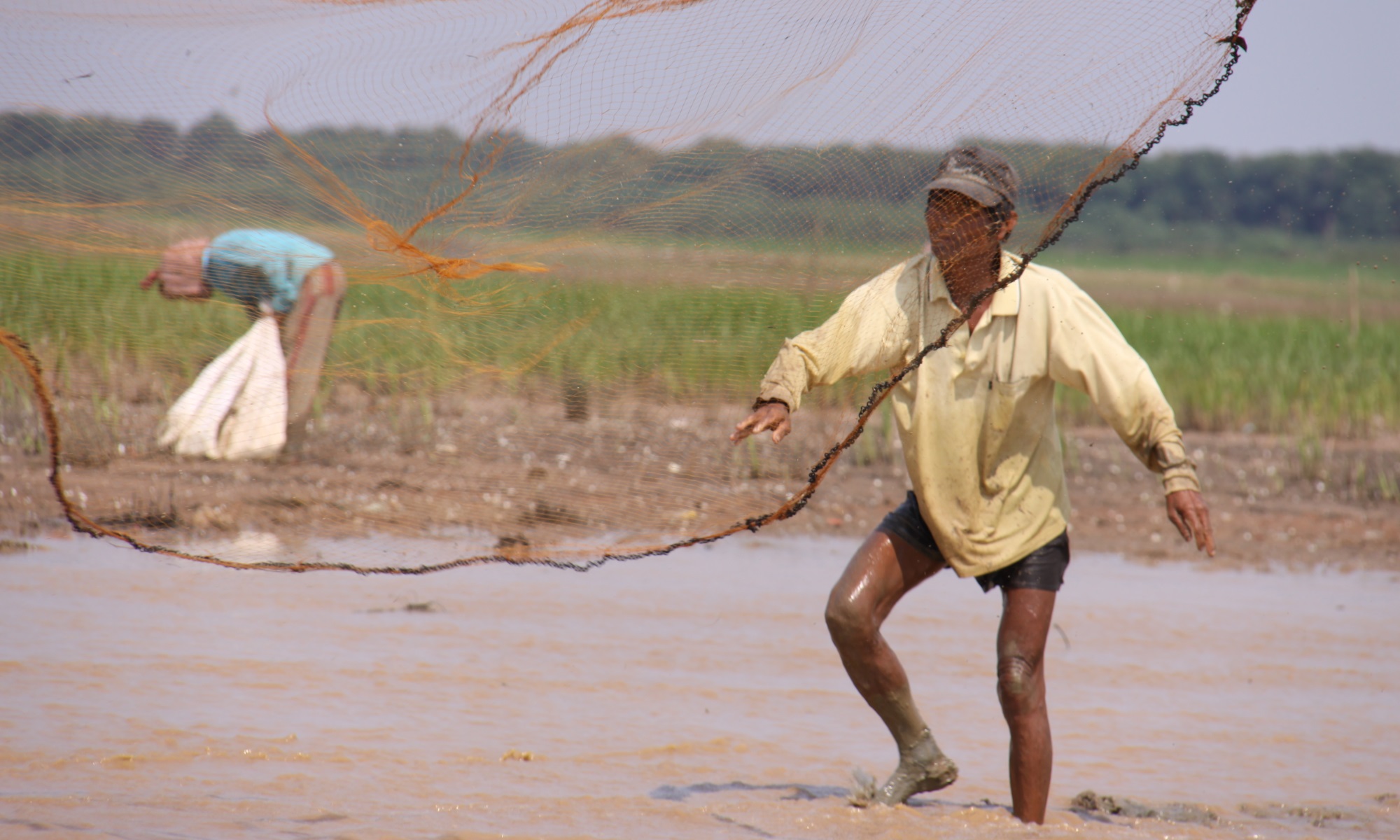Talking about nature also means getting back to roots – to one’s own roots. Here, my father’s role matters! Today he would have been little more than 101 years old. I have two particular memories of him, which I’ll share with you here.
When I was a child, getting home from school, he used to ask me if I was “the first in my class”. When I was a boy and a boy-scout troop leader, he used to ask me if I was “commander-in-chief ”. When I grew up and started working, he used to ask me whether I had “made a big name for myself in the business”.
That’s the entrepreneur’s spirit!
Our house was full of second-hand books, various encyclopaedias, almanacs and illustrated books that he had bought after the second world war at cheap price at street markets in Naples or Bari, where he had travelled for business purposes. Next to them, there were many artistic objects – some of them were gifts – with a common meaning: a strong relationship with cultural heritage. A subject that a man, able to build a company recognized at the international level, was not able to learn at school because “every man was a self-made man” at that time, you know! A great curiosity about the unknown and desired things!
CURIOSITY AS THE LEVERAGE TO BUILD NEW THINGS.
March 22nd , 2013
I’m in Trento, Italy, waiting for Tim Berners-Lee’s speech that will start shortly in the lobby of MUSE, the new Science Museum. It is like a pre-opening event. While sitting in the audience, waiting for the start of the presentation, I capture the image of the museum advertising poster: NATURALLY CURIOUS.
What a joke! Italian translation is “CURIOSO DI NATURA” with a double meaning: naturally curious and curios about nature. The latter is particularly meaningful when it refers to a territory devoted to exploiting the natural environment and tourism.
July 15th , 2013
I’m in Trento again, entering the room where I’ll have a job meeting with my colleagues. In the hall I see a flyer announcing the museum opening. Once again previous: NATURALLY CURIOUS.
July 27th , 2013
MUSE is opening. You must visit it! It’s worth it! MUSE is a wonderful building designed by Renzo Piano.
Every time I see this brilliant slogan, I feel a pang in my heart! Because of my father’s memory? Probably. Most importantly, I see again one of the guiding lights of my life: be curious! No need for further explanations.
Each time I have had to evaluate the attitude of a boy or of a job candidate, I have always considered his “curiosity” as a potential key for success.
Do you remember Steve Jobs saying in Stanford “Stay hungry, stay foolish”?
Well, when I hear some catchy phrases like this one, I don’t feel so comfortable. I usually think at people that, like my father, were really hungry during the second world war. Nonetheless, I understand their common aim: become successful looking for new roads to go through.
I hope you’ll never be hungry and that you’ll never be considered foolish. But, please: BE NATURALLY CURIOUS.

At least a partial answer might come from the investigators who have studied intrinsic motivations. Two fairly simple theories have emerged from the research. First, human beings are naturally curious animals. Anyone who has spent much time with a five year old might echo this claim. Second, human beings are both rational and emotional creatures. We must appeal to the whole person, the attitudes and emotions as well as the ability to understand. In other words, people learn naturally while trying to solve problems that concern them. They develop an intrinsic interest that guides their quest for knowledge, and an intrinsic interest–and here’s the rub–that can actually diminish in the face of extrinsic rewards that appear to manipulate that interest.
In a previous post of mine I wrote, about “Rules and Values”: “rules drive decisions, emotions drive actions”. Does curiosity applies to the rational or emotional part? Probably both: it’s a third force. In my experience humans are naturally curious when kids, but some person leave this attitude when getting older. it’s because they feel to be manipulated or becuase they are loosing the natural interest for a continuous search of knowledge and novelties?
Here the post http://www.spagoworld.org/blog/2013/05/an-open-platform-for-digital-economy/